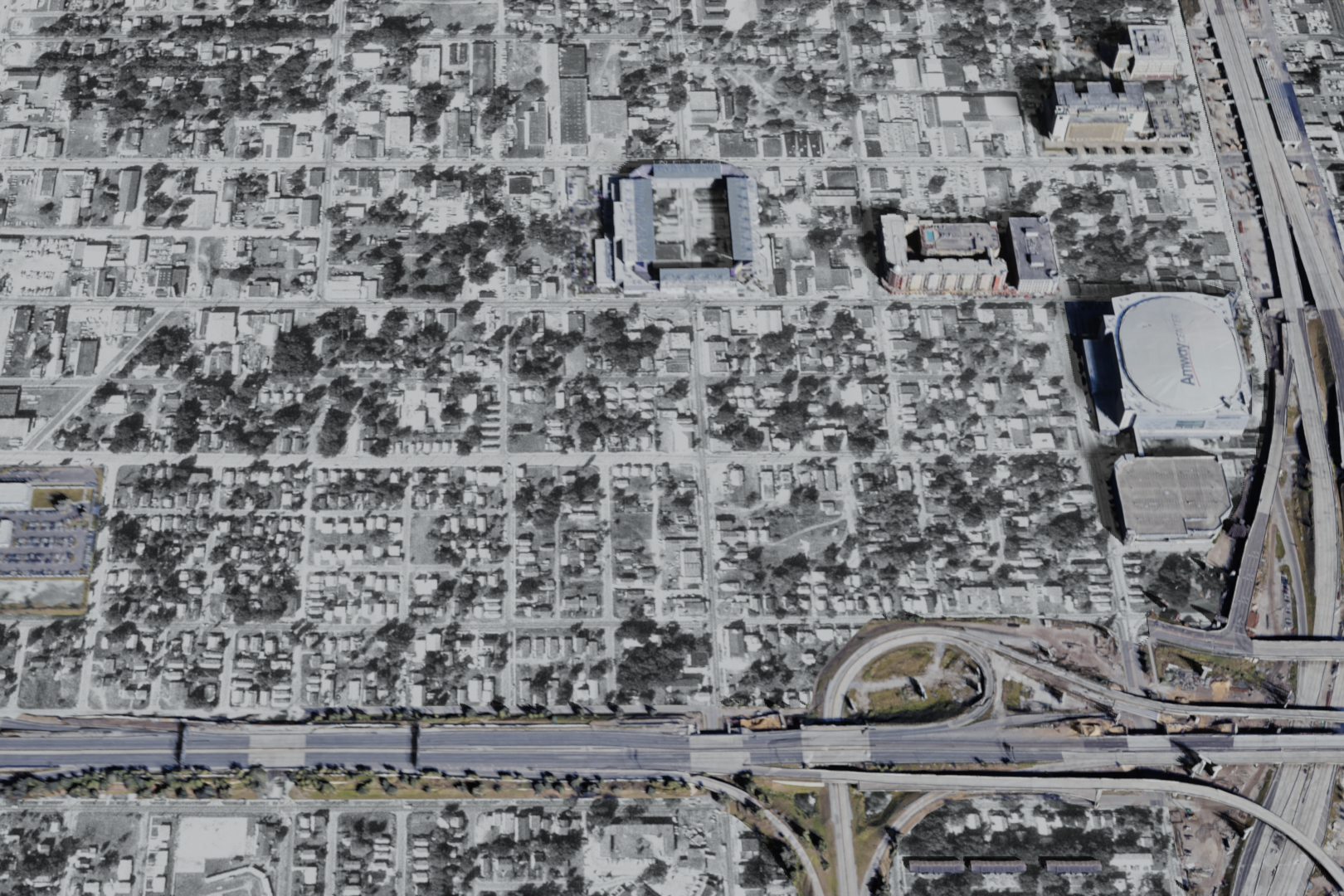My participation at this year’s annual American Anthropological Association (AAA) meetings centered on delivering on paper and serving as a discussant. The paper, which I presented as first author with UF’s Clarence Gravlee, was titled “Digital Storytelling in the Classroom: New Media Techniques for an Engaged Anthropological Pedagogy.” I also served as the discussant for a session titled “Borders and Crossings by Land, Sea, and Air: Geospatial Advances in Anthropological Research.” You read the abstract for the paper below. Update: several of the ideas presented in this year’s paper were (eventually!) published as part of the chapter titled “Digital Storytelling in the Classroom: New Media Technologies for an Engaged Anthropological Pedagogy.”Abstract: The use of digital storytelling as a teaching tool is rapidly growing. and is increasingly seen by educators as a primary method for translating academic content into public knowledge. An engaged pedagogy motivates educators to experiment with these technologies as one way to guide students in becoming active producers of knowledge, instead of passive consumers. This chapter frames digital storytelling as an emancipatory process not constrained by the industrial logic controlling traditional analog content. This aspect means digital storytelling’s potential as an democratizing methodology is literally hardwired into new media’s very structure. This chapter specifically examines the utility of digital storytelling in the undergraduate classroom as a reflexive tool for the educator. The case studies are drawn from the authors’ own use of digital storytelling to explore issues of why students choose anthropology as a major, undergraduate perceptions of the intersection(s) between anthropology and other disciplines, and the investigation of attitudes among college students concerning a wide range of modern issues. The contribution concludes with lessons learned and how to adopt digital storytelling as part of the anthropological curriculum.
